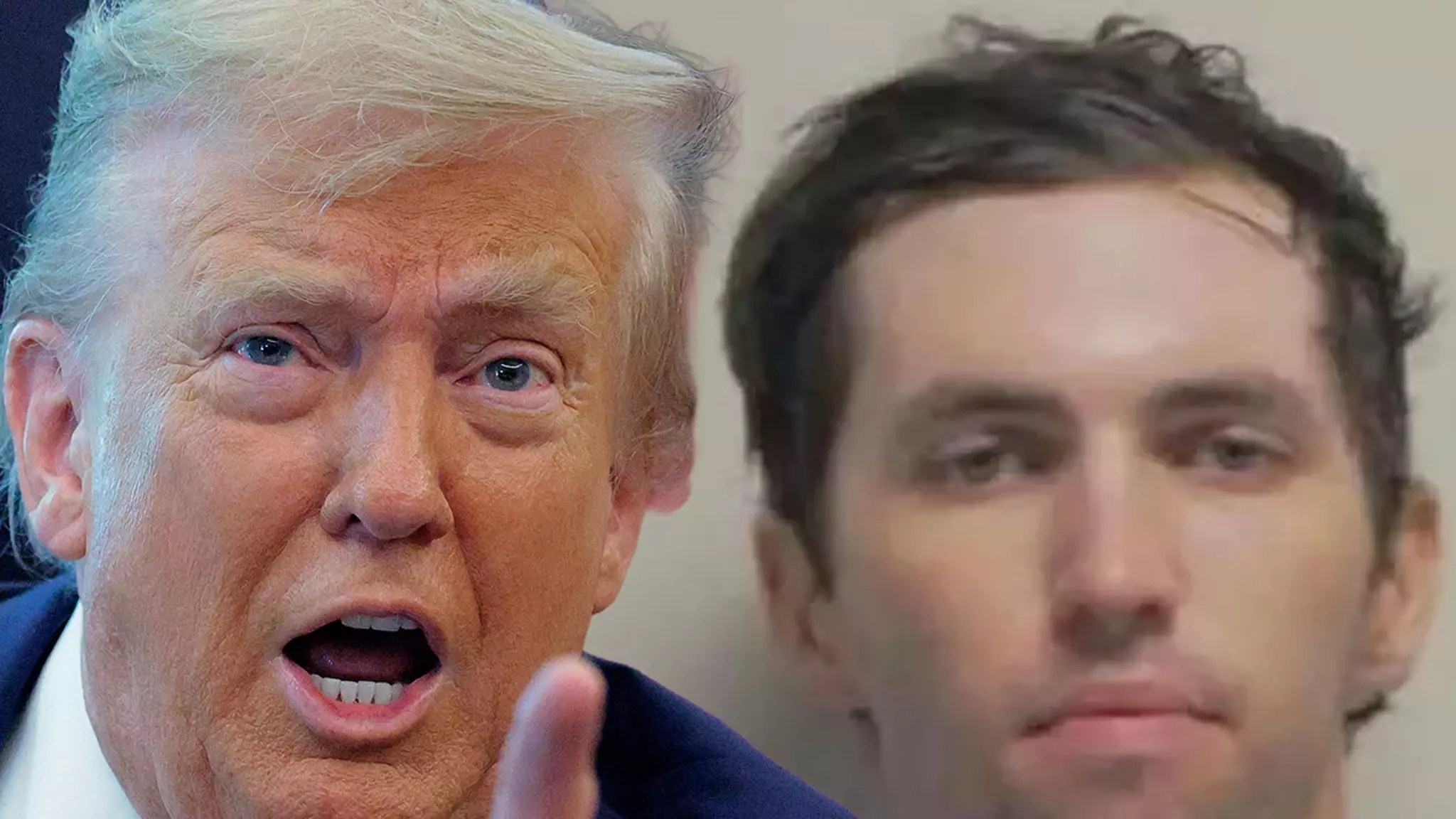The prospect of executing Tyler Robinson for allegedly assassinating Charlie Kirk raises profound questions about justice, morality, and the role of government in taking life. Utah stands as a representative microcosm of broader American debates over capital punishment, illustrating both the complexities and moral dilemmas inherent in this practice. While proponents argue that such measures serve as a deterrent and deliver justice for heinous crimes, critics assert that state-sponsored killing diminishes societal morals and risks irreversible errors. The case underscores that, across the nation and particularly in Utah, capital punishment remains a deeply contested issue, revealing a cultural divide over the ethics of executing convicted individuals, especially in such a brutal and calculated manner.
Utah’s history with capital punishment reflects a tense coexistence between tradition and evolving moral standards. The state’s use of firing squads—once the primary method—serves as a stark reminder of a time when executions were both more visceral and more publicly spectated. The last known firing squad execution in 2010 of Ronnie Lee Gardner exemplifies Utah’s complex relationship with violent methods in capital punishment. Watching that execution, which took a mere three minutes, revealed not only the physical brutality involved but also the chilling procedural distance maintained to mask the human toll. This raises questions about whether the state’s methods, regardless of historical context, truly respect the dignity of human life or merely perpetuate violence under the guise of justice.
Utah’s foray into lethal injection as a more ‘humane’ alternative signals a moral evolution, yet debates persist over its morality. The use of pentobarbital aims to minimize suffering, but concerns about botched executions, ethical boundaries, and the potential for irreversible mistakes cast a long shadow over this method. Moreover, the fact that the state is prepared to revert to firing squads if lethal injection becomes unavailable highlights a troubling willingness to accept violence over modern standards of humane treatment. This paradox suggests that, at its core, Utah’s death penalty system is shaped by practices steeped in history rather than consistent ethical reasoning.
The Power Dynamics and Political Will Behind Capital Punishment
The involvement of high-profile figures such as former President Donald Trump and Utah Governor Spencer Cox paints a picture of political resolve pushing for the continuation of capital punishment. Their unequivocal stance underscores a broader political philosophy that leans toward toughness and retribution. This demonstrates that the debate transcends morality into the realm of power, signaling that the state’s willingness to pursue the death penalty is as much about political ideology as it is about justice for victims.
The case of Robinson, still far from facing execution, exposes the layered power dynamics at play. Prosecutors, under pressure from political leaders and societal expectations, could seek the death penalty based on the gravity of the crime—in this case, a perceived act of murder with potential for widespread harm. The decision ultimately lies with the district attorney, a role held by Jeffrey Gray, who operates under the influence of political and public pressures. This dynamic questions whether justice is truly served or merely influenced by the political climate that favors capital punishment as a quick fix for complex moral issues.
Furthermore, Utah’s requirement that crimes be “depraved and inhumane” to warrant the death penalty—alongside criteria about the potential harm—raises flags about the unpredictable nature of such determinations. The decision to inflict the ultimate punishment often rests on subjective interpretations of morality, which can be influenced by societal biases, political agendas, and emotional reactions. This fusion of law and morality becomes dangerously slippery when the core question is whether the state has the moral authority to decide who lives and who dies.
The Ethical Dilemmas and Societal Implications
At the heart of the death penalty debate lies the question of morality: Is it justifiable for a society to enforce killing as a form of justice? Critics argue that capital punishment inherently contradicts modern principles of human rights, arguing that no crime warrants irrevocable state-sponsored murder. The risk of executing innocent individuals, often based on flawed evidence or prosecutorial bias, further diminishes its ethical standing. The cases of wrongful convictions in various jurisdictions serve as cautionary tales that challenge the legitimacy of capital punishment as an infallible system of justice.
Moreover, societal implications go beyond individual cases. The retributive nature of the death penalty often fuels cycles of violence, desensitizes society to killing, and perpetuates a culture of brutality. Executions, especially those carried out in highly publicized or emotionally charged circumstances, can deepen societal divisions rather than heal wounds. This is particularly relevant in a case like Robinson’s, where the political and media narratives become battlegrounds for competing visions of justice—one that might favor retribution versus one that embraces mercy and redemption.
Ultimately, the debate boils down to whether the state has the moral right to decide who must die and whether punishment truly achieves justice. It questions the very foundation of a humane society—if taking life is justified for some crimes, what moral lines are we willing to cross, and are we prepared to accept the irreversible consequences? As Utah continues to grapple with these questions, society must critically examine whether capital punishment aligns with its core ethical values or if it is merely an antiquated relic that perpetuates violence in the name of justice.







Leave a Reply